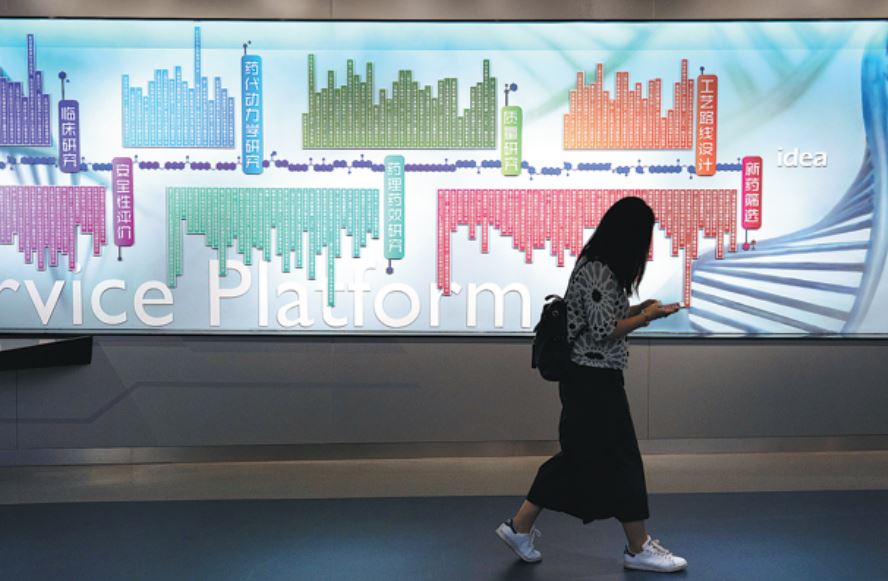A new powerhouse to be reckoned with


This factor has been important for social media and gaming guru Tencent, which has been shifting its focus toward providing industrial-oriented solutions, as its consumer-end business faces increasing regulatory pressure and a saturated internet penetration rate.
In 2016, Tencent set up YouTu Lab, its in-house AI arm, in Shanghai, in the hope of devising more tangible solutions for a variety of real-life scenarios.
"While pure-play internet companies can benefit from AI adoption across a number of customer-facing scenarios, AI can also be better employed to facilitate business-to-business sectors in Shanghai and the neighboring Yangtze River Delta region, which is home to numerous small and medium-sized high-tech enterprises," said Li Zhu, founding partner of venture capital firm Innoangel.
SenseTime, a Chinese tech unicorn, has taken the same approach. The company recently made its foray into the public transportation sector by teaming up with E-Drive, a Shanghai bus operator that uses new energy vehicles. As part of the partnership, E-Drive's buses will be equipped with SenseTime devices that detect drivers' fatigue levels through facial scanning technologies.
This bus project is part of a broader collaboration between SenseTime and SAIC, E-Drive's parent company, to construct an intelligent municipal transport system. SAIC, the operator of the city's largest car manufacturing base, has a campus that is equipped with tracks for self-driving automakers to run tests.
But it is not merely the tech enterprises that are contributing to Shanghai's reputation and development as a tech powerhouse.
Huang Jia, partner and general manager of global consultancy PwC in Shanghai, noted that companies from industries that the city is renowned for, such as high-end manufacturing, have also been lending a helping hand as they upgrade their infrastructure and systems to stay relevant in the digital age.
For instance, Shanghai Zhenhua Heavy Industry Co Ltd, the world's largest port machinery manufacturer, kicked off production of a fully-automated container terminal last year.
According to company chairman Song Hailiang, the terminal features the use of the internet of things and machine learning, both of which help to improve the efficiency of operations and lower the site's downtime and costs.



































